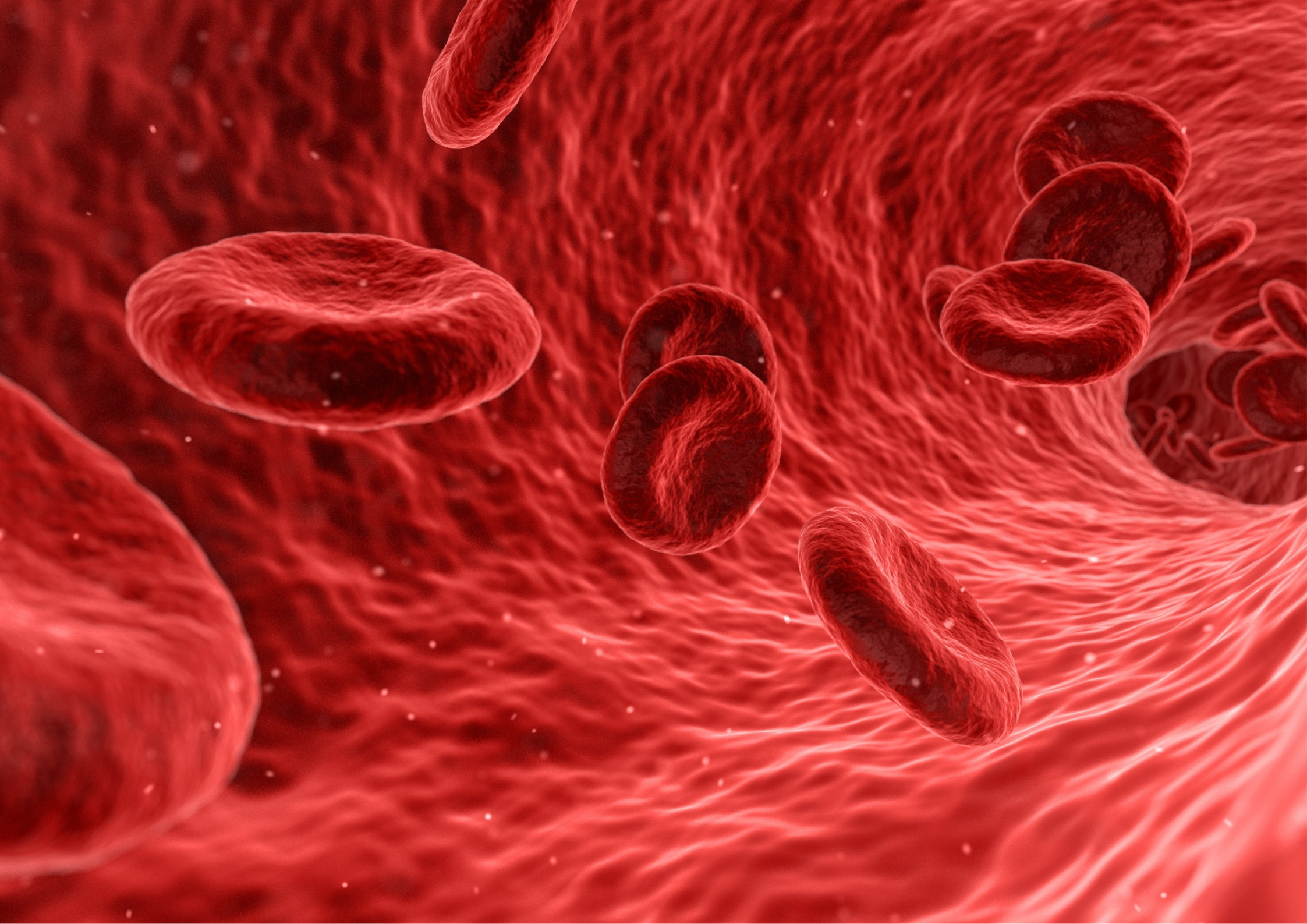What is iron deficiency anaemia?
In this article, Dr Justine Setchell discusses the symptoms and causes of iron deficiency anaemia and gives advice about treatment and when you should see a doctor.
What is iron deficiency anaemia?
Anaemia is a condition in which your body lacks enough red blood cells and cannot carry sufficient oxygen to your body’s tissues. It can vary in type and severity. It can either be short or long-term, but tends to make you feel tired and weak. In some cases, it can be a sign of serious illness, so it is important that you see a doctor if you think you have anaemia.
Iron deficiency anaemia is by far the most common form of anaemia, and is also the most common nutritional disorder in the world. It is estimated that 3% of men and 8% of women in the UK experience some level of iron deficiency. It occurs when your red blood cells do not produce enough haemoglobin as a result of a shortage of iron in your body. Haemoglobin is necessary for carrying oxygen from your lungs around the body, and carbon dioxide into your lungs to be breathed out.
What causes iron deficiency?
The causes of iron deficiency can fit into four categories:
- Inadequate iron intake in diet
- Failure to absorb iron properly (e.g. if Coeliac, or after obesity surgery)
- Loss of blood from the gut (e.g. from cancer or certain medications
- Loss of blood elsewhere (e.g. from very heavy periods)
How serious is iron deficiency?
The severity of iron deficiency depends on the cause. If caused by inadequate iron intake, this can be rectified by over the counter iron supplements. However, it can be a sign of something a lot more serious like colon cancer.
Symptoms
Symptoms of anaemia vary based on the type and severity, and some people experience very few symptoms at all. However, common symptoms usually include:
- Fatigue
- Weakness
- Cold hands and feet
- Shortness of breath
- Pale or yellow skin
- Dizziness
- Irregular heartbeats or palpitations
- Headaches
When should you see a doctor?
If you have any symptoms, or are concerned at all, you should see a doctor or get a blood test. Don’t suffer in silence. Your doctor’s main aim will be to address the cause of the iron deficiency. Iron deficiency itself can often appear fairly mild, however it could be a symptom of a more serious problem.
Treatments for iron deficiency
If your blood test shows a low iron count, the treatment will depend on the cause. This is why it is important for your doctor to get to the bottom of this. If the cause is obvious, such as heavy periods or a vegetarian diet and the iron deficiency is quite mild, you may just be advised to take over-the-counter iron supplements. However, in more serious cases, you may be prescribed iron and be asked to have your blood checked again in 3 months.
If the cause is not apparent, you will be referred to a gastroenterologist to rule out more serious causes like stomach or colon cancer.
Your GP will be able to give you the best advice for treatment.
Preventing iron deficiency
You may also be able to take measures to prevent anaemia by making sure you include enough iron and vitamins in your diet. There are many benefits of maintaining a healthy, balanced diet, and a decreased risk of becoming iron deficient is one of them.
Foods rich in iron include meat, beans, pulses, green leafy vegetables, dried fruit and nuts. If you are vegetarian or vegan, it is especially important to make sure you are getting enough iron in your diet.
What should I do if I think I might have iron deficiency?
If have any concerns or symptoms of iron deficiency, you should book a blood test or see a GP. You can book your blood test here.
I am based at 25 Harley Street, where I work as a full time private GP, Occupational Health Physician, Hormone Health Associate and digital entrepreneur. You can make an appointment by calling 0207 079 2100 or by emailing appointments@phoenixhospitalgroup.com




